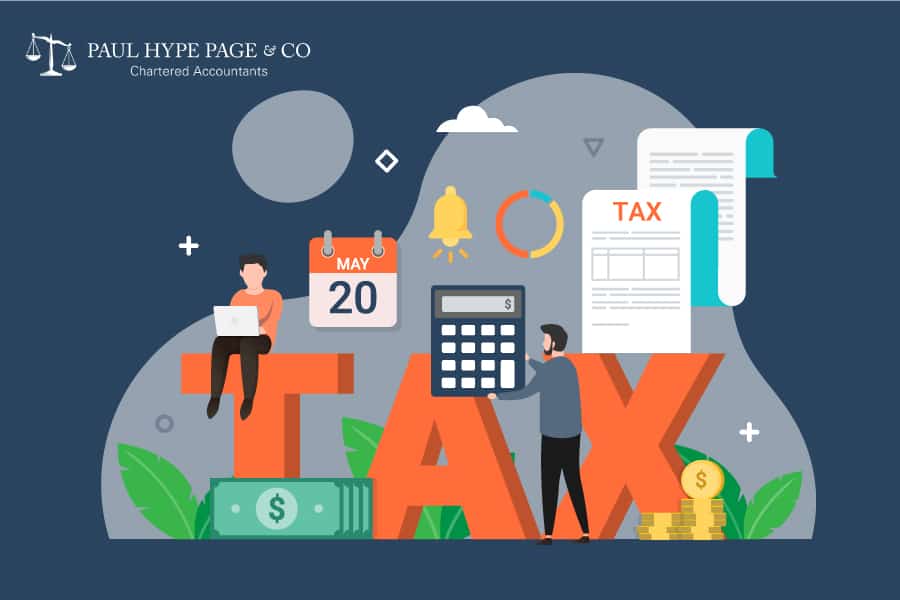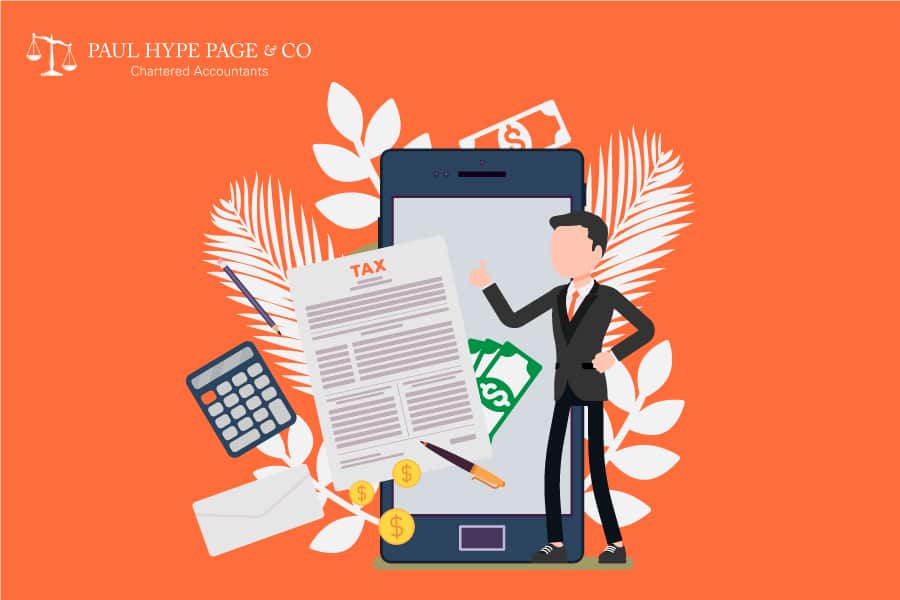Upon incorporating a company in Singapore, one will be liable to pay taxes to the Singapore government. When a non-resident firm or individual obtains an income from a Singaporean source for services given or labour done in Singapore, the tax withheld and paid to the Inland Revenue Authority of Singapore (IRAS) also known as withholding tax.
This is also termed tax deduction at source in other countries.
When does the Singapore Withholding Tax Apply?
Singapore withholding tax only applies to non-resident companies and individual when:
- Their source of income comes from a Singaporean source
- Their source of revenue is services provided in Singapore
- Certain modes of payments such as rents, management fees, royalty, rights of use, interest, etc.
A non-resident company in Singapore is defined under three situations.
- Foreign companies actively operating in Singapore.
- Singapore-incorporated companies active overseas.
- Branches of foreign companies in Singapore
Types of Income Subjected to Withholding Tax
Various types of income are subject to withholding tax in Singapore, including:
1. Interests, commission, and any other debt- or loan-related fees
Interest on past-due trade accounts, interest on credit terms provided to a non-resident supplier, and commission or loan fees paid to a non-resident are all subject to Singapore withholding tax at 15%.
2. Royalty, rights of use, and intellectual property
Royalties are subject to a 10% withholding tax or the applicable corporate rates in Singapore. Any payments involving the use of commercial, scientific, technical, or industrial expertise for business purposes, or the hire of non-resident professionals to perform these services on your behalf, are subject to withholding tax at 10%.
3. Management fees
Payments owing to foreign organisations who provide management services or assist you in managing your business may be subject to withholding tax. These fees are subject to specific criteria, such as double taxation treaties.
4. Services rendered
When you hire non-resident companies to install equipment, provide technical assistance, offer training and consultation services, or perform comparable activities within Singapore, you must pay Singapore withholding tax at a rate of 17%.
5. Rent
Rent or payments paid to the non-resident company for movable property will be subject to Singapore withholding tax.
For more information on the withholding tax rates in Singapore for various types of incomes, you can find out directly from IRAS here.
Withholding Tax Exempt Payments in Singapore
Certain types of payments made to non-resident companies in Singapore are exempt from withholding tax. They include:
- Dividend payments
- Payments for Satellite Capacity & the Use of International Submarine Cable Capacity, Including payments for Indefeasible Rights of Use (IRUs)
- Payments for the Charter of Ships
- Payments made by Banks, Finance Companies & Certain Approved Entities
- Payments to Singapore Branches of Non-Resident Companies
- Section 12(6) on Interbank / Interbranch Transactions
How to File & Pay Withholding Tax in Singapore?
You can file and pay withholding tax online through the IRAS-managed myTaxPortal. To pay the withholding tax, the payer must first log in to his CorpPass account and fill out an S45 Form describing the payment in detail.
An acknowledgement page will appear after a successful submission, giving the tax payment due date.
The payer can then make payment using a variety of methods, including GIRO deduction, bank transfer, or mobile banking apps like DBS PayLah!.
Due Dates for Payment
Generally, the payment of withholding tax is due on the 15th of the second month from the day of payment to the non-resident, or on the 25th of the same month after the day of payment if you opt to pay by GIRO deduction. The day of payment is determined as the earliest of:
- The date on which the payment is due according to the contract, or the invoice date (without considering credit terms) if there is no written contract or agreement
- The date of payment to the non-resident is when the payment is credited into the non-resident’s designated account.
- The date of actual payment
- In the case of directors’ remuneration, the date when the remuneration was voted and approved by shareholders
Withholding Tax Waiver in Singapore
Double Tax Agreements (DTA) in Singapore allow for reduction and wavier withholding taxes from countries such as China, Japan, and Australia, among others. To be eligible for DTA, you must obtain an official Certificate of Residence for any of the eligible countries and submit a scan of it to IRAS.
- If the claim is for the current year: by 31 March of the following year; or
- If the claim is for the preceding years: Within 3 months from the date of e-filing the withholding tax.
Non-residents are board directors or business directors who spend less than 183 days in Singapore in a calendar year. A board director who also serves as a Chief Executive Officer or Managing Director is classified as a board director only for income earned in that capacity.
The general withholding tax rate for NRPs is a flat 15% of gross income except in the following cases:
- Non-resident company directors are subject to a 22% withholding tax on their payments. This applies to all forms of income (salary, bonus, director’s fees, accommodation, gains from stocks and shares, and other payments)
- Services performed in Singapore by public entertainers is subject to 10% withholding tax till 31 March 2020.
FAQs
Singapore has double tax agreements (DTA) with many countries in order to prevent companies and individuals from being taxed by both jurisdictions.
If your company operates out of a country that has a tax treaty with Singapore, the DTA may provide relief from double taxation. Do note that this depends on the particular service your company provides, as well as the specific provisions of the DTA in your country.
Withholding decreases evasion and underpayment. Because of the aforementioned savings dilemma, withholding makes it more likely that the government will receive all the taxes it is due. Withholding also makes it more difficult for tax protesters and tax evaders to keep their money out of the IRS’s hands.
As a payer, you must file and pay WHT to IRAS by the 15th of the second month from the date of payment to the non-resident. If you are on GIRO for WHT payment, the GIRO deduction date is on the 25th of the month the tax is due.
What types of payments are subject to Singapore withholding tax? Singapore withholding tax applies to interest charged on overdue trade accounts, interest on credit terms paid to a non-resident supplier, and commission or loan fees that are paid to a non-resident.
If you’re late in paying your Singapore withholding tax, IRAS will issue a Demand Note and include the late payment penalty (currently 5%).
Not paying the tax and penalty by the due date stipulated in the Demand Note will cost you an additional penalty of 1% for each outstanding month (subject to a maximum of 15%).
About The Author
Share This Story, Choose Your Platform!
Related Business Articles







